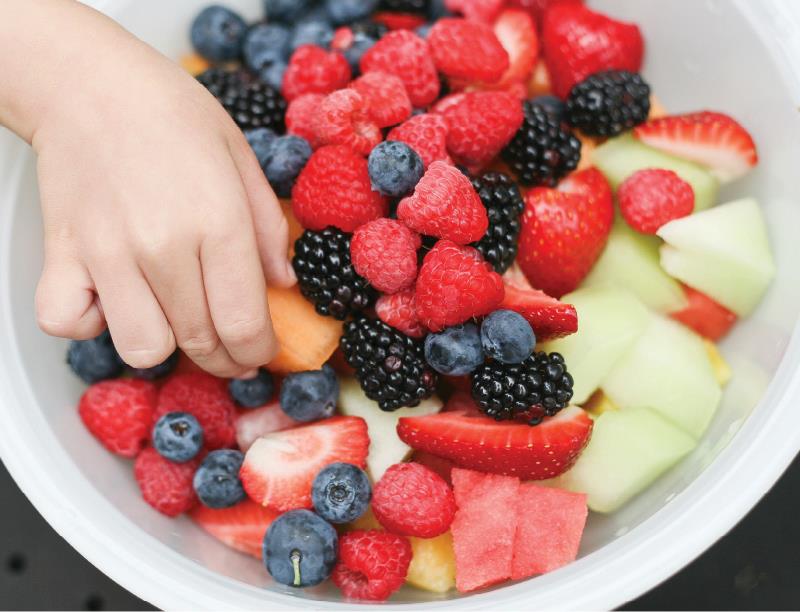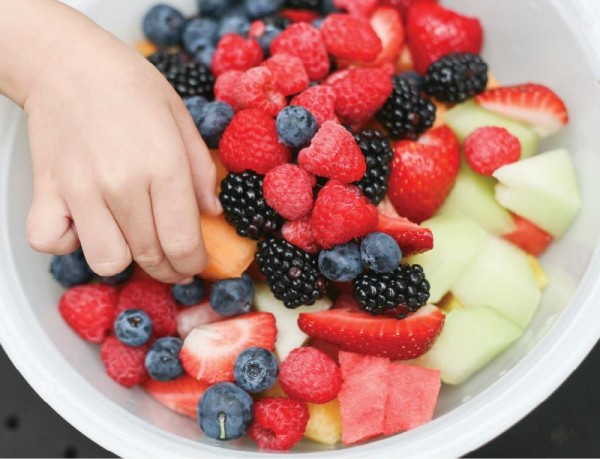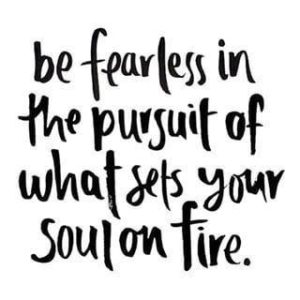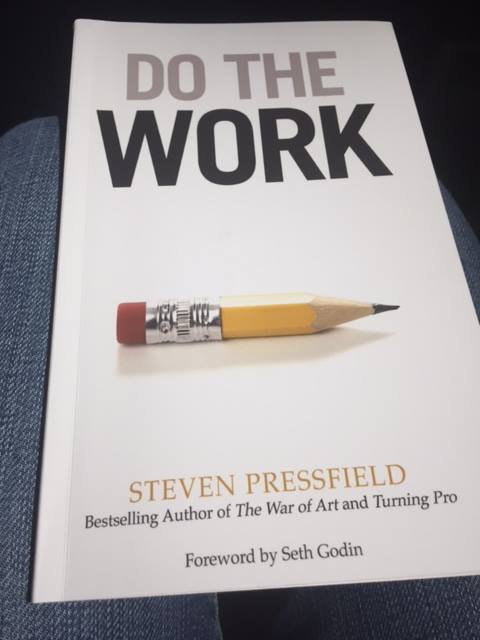Reach Your 2014 Goals

Reach Your 2014 Goals
Proven Ways to Reach Your 2014 Nutrition Goals
With 2014 underway, many of us have already made New Year’s resolutions, written on a sheet of paper or tucked away in our minds, in hopes that we can become a better version of ourselves this year. If you find that you’re setting the same goals year after year, here are some tips to help break the cycle and turn your resolutions into reality.
Inspired by the powerful message in Sports Psychologist Stan Beecham’s “Elite Minds,” here are my thoughts on how to apply Beecham’s beliefs to your own nutrition goals, from eating healthier and consuming more fruits and veggies to reducing your intake of sugar and processed foods.
Examine Your Intentions
When we make New Year’s resolutions, it is with the hope that they will happen. For a period of time, the goals are our priority.
Beecham contends you can have a clearly defined, written goal, but if you have a goal without intention, you’ll usually fall short of achieving it.
First ask yourself why you want this goal. The why is your intention, and this is powerful because it addresses why you are pre-planning your food intake for the upcoming week or making better food choices.
If you have a why — for example, I want to do well in my next race, fit back into my jeans post pregnancy, feel better, be healthier, lower my blood pressure — then you have an intention, and therefore you get up each day with the expectation that you will reach your goal.
Set Expectations
If you expect to make your goal, then you will likely succeed because you believe it will happen. It is like making a promise to yourself. For example, you commit to finish a long-distance triathlon. To reach your goal, you follow an 18-week training plan, get up early to work out, make better food choices, prioritize sleep and accept that some days will be easier than others.
You change your life with intention (your why) and believe and expect this goal to become a reality. You have made a promise to yourself. If you don’t have expectations, you will make excuses.
Your expectation determines your success. You can do anything you intend if you believe you can do it.
“It isn’t sufficient just to want. You’ve got to ask yourself what you are going to do to get the things you want.” – Franklin D. Roosevelt
Create a Road Map
To figure out what you want and how to get there, use the following questions as a road map. Ask yourself …
- What do you want? Dr. Beecham states most people struggle with this question because either they don’t know what they want or they don’t think they can attain it. To make it easier, ask yourself:
- What do you want to have? What material things do you want?
- What do you want to do? How are you going to spend your time getting what you want?
- What do you want to be? This is a character question, meaning what am I now and who do I want to be?
Overcome Decision Fatigue
Every day we are faced with many health choices, and with each choice, it can become more difficult to make the best decisions. This concept is referred to as decision fatigue, and may be the reason some of us lack the “why, what we want to be and achieve” components to our goal. Perhaps we just want to lose weight, but why? It’s the why that determines the intention with an expectation to succeed.
In an article on decision fatigue, Michael J. Joyner addresses why it is impossible to just eat less. Over time we tire of the constant deprivation of food we crave, so we eventually give in and regain the lost weight. Again and again, we set a new goal of losing weight via a new diet. And around and around we go.
To help make your healthy choices easier, start small and make one change at a time. For example, have a piece of fruit for dessert instead of a baked good. Once you feel comfortable with this change, set a goal of having vegetables three times during the day. This can be as simple as having carrots with hummus for an afternoon snack, a salad at lunch and a side of broccoli at dinner. By making one change at a time, we are more likely to tire of the deprivation we encounter if we try to change it all at once.
Learn to Conquer Your Fears
Another obstacle to success, and a best friend to excuses, is fear. Fear is what keeps us from being fully motivated, passionate and driven and prevents us from setting big, scary goals. What could you accomplish if you knew you wouldn’t fail?
Success over a long period of time is primarily about being focused on one thing — a goal. Beecham claims that setting goals that have no chance of failure is a complete waste of time. When you set goals, you’ve got to go big. How do you know if your goal is big enough? When the goal has a 60 percent chance of success and a 40 percent chance of failure, that’s big enough.
“Do or do not, there is no try.” – Yoda
To summarize, here are some final notes I jotted down while reading this book.
- Set a goal with an intention
- Conquer your fears; they’re standing in your way
- Your expectation is your determinant (not luck)
- Train and live with intention
- Race with expectation
- Focus on the process (here and now), not the outcome
- Work with the forces (hills, wind, competition), not against them
“In order to improve or succeed you must change what you believe is true about yourself.” – Stan Beecham
Here’s to a healthy, happy and successful 2014!

Reach Your 2014 Goals






